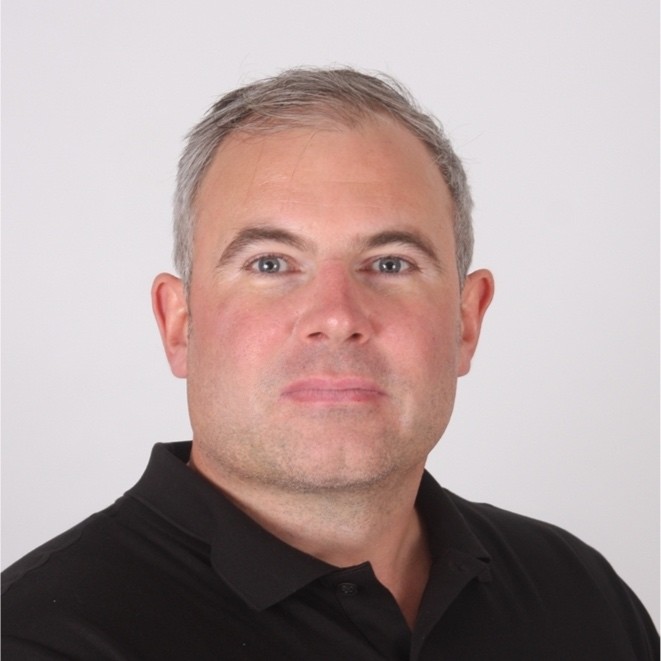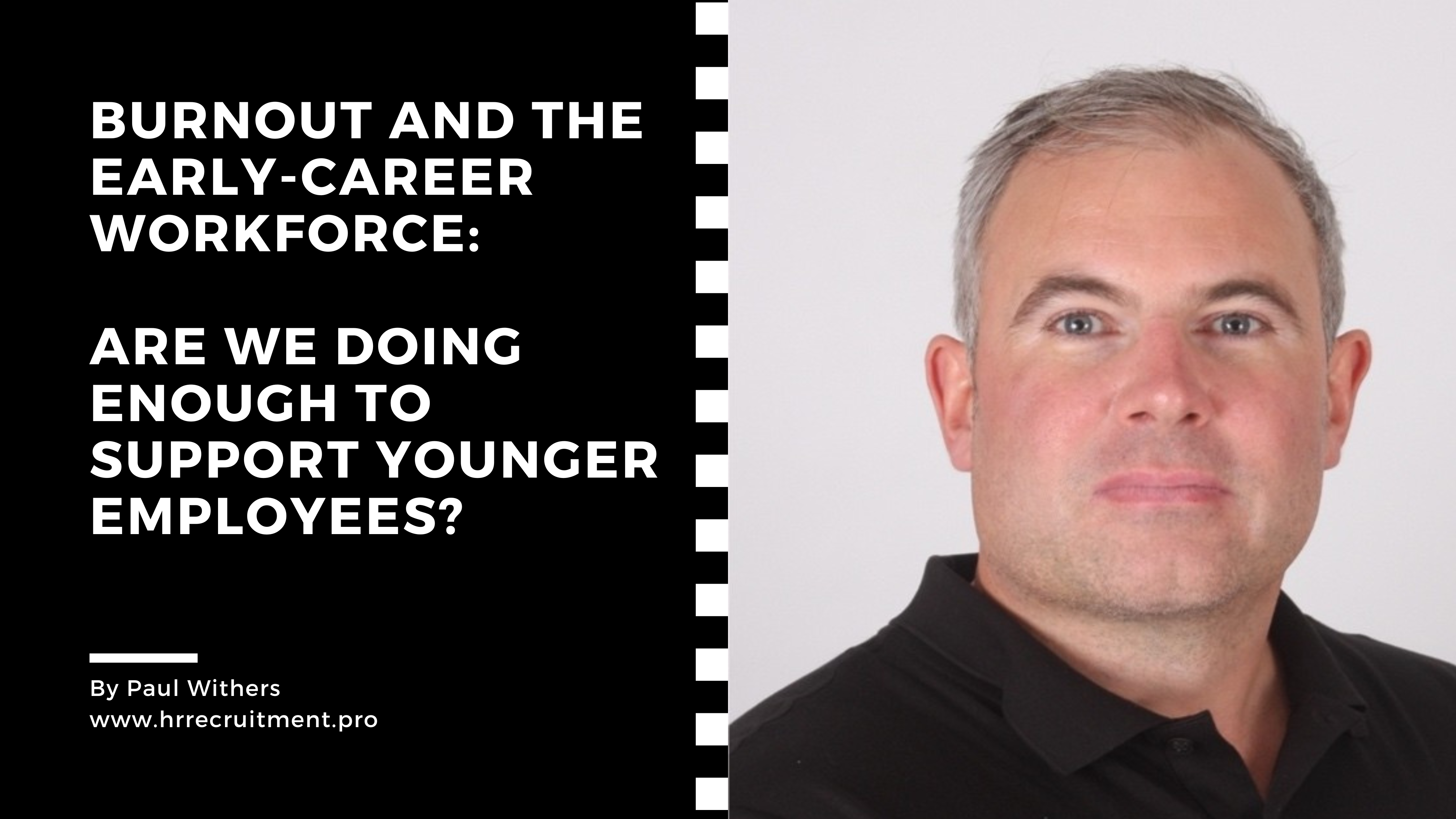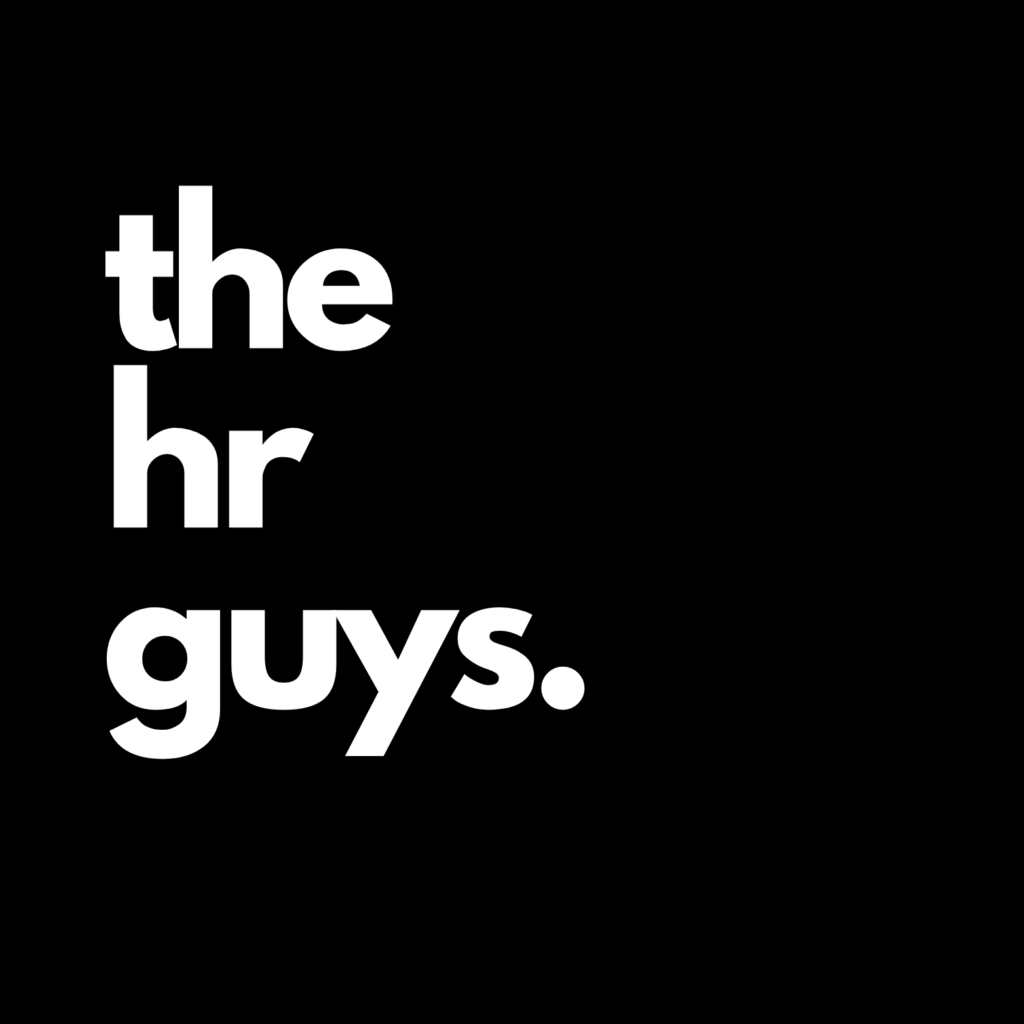Burnout and the Early-Career Workforce: Are We Doing Enough to Support Younger Employees?
Burnout isn’t new—but it’s hitting younger workers harder than ever.
Employees aged 18 to 24 are now more likely than any other group to need time off work due to mental health challenges. For many in this age group, the early years of their career are being shaped by stress, uncertainty, and pressure to constantly do more.
This isn’t just about resilience. It’s about how our workplaces are set up—and whether they’re truly supporting those at the beginning of their careers.
Why are younger workers burning out?
Several factors seem to be driving this trend:
- Fewer young employees feel comfortable talking to their line manager about stress or mental health. There’s a growing sense of disconnection between junior staff and leadership.
- Many are working longer hours without pay to keep up with workloads or working extra hours due to financial pressure from the cost of living.
- A lot of younger staff say they struggle to switch off at the end of the day—much more so than their older colleagues.
The result? A growing number of early-career professionals who are feeling overwhelmed, unsupported, and at risk of burnout.
What can we do about it?
As HR professionals, we have a key role to play in changing this.
We need to create spaces where younger employees feel safe speaking up. That might mean better training for line managers, more peer support, or simply making time to ask, “How are you really doing?”
We also need to recognise that younger workers face a different set of pressures. For many, they’ve entered the workforce during a pandemic, economic uncertainty, and constant change. Flexibility, empathy, and clear communication go a long way.
Let’s make early careers a positive experience
This is about more than just wellbeing policies. It’s about how we lead, how we communicate, and how we build trust with those who are still finding their feet.
When younger employees feel supported, they thrive. They bring energy, creativity, and fresh thinking to our organisations. But we need to meet them where they are—and show them that it’s okay to ask for help.
What’s working in your organisation to support early-career wellbeing? Are there practices you’ve found useful—or things you’re still figuring out?
Let’s keep the conversation going.
Thank You
Thank you for taking the time to read my latest insights! I hope you found the information valuable and insightful. If you’d like to learn more about my mission, who I work with, and the services I offer, please visit my About page. For any inquiries, or suggestions, or to get in touch with me directly, feel free to reach out through my Contact page. I’m always here to help and look forward to connecting with you.
Stay tuned for more tips and updates on HR and Recruitment. Until next time, Happy HRing!
Warm regards,
Paul
You can connect with me on LinkedIn or check out some of my recruitment projects at The HR Guys | Interim HR Network | European Recruitment | Cambridge Recruitment





